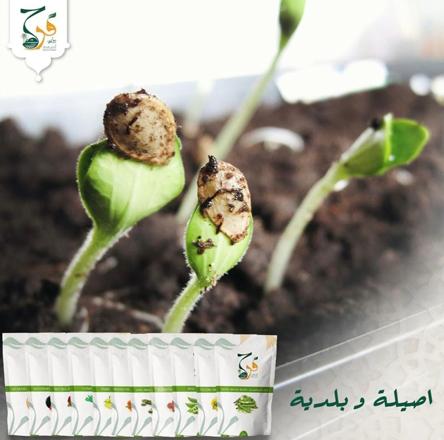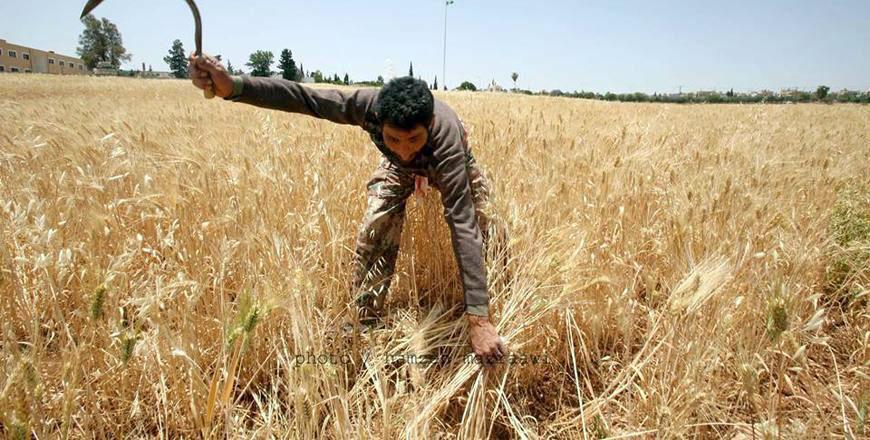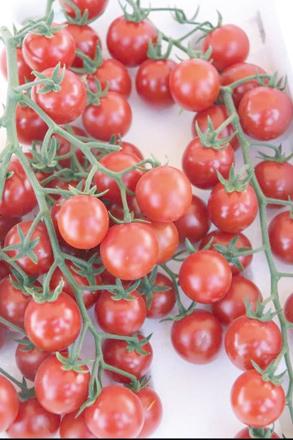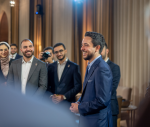You are here
Local seed bank preserves indigenous crops in face of climate extremes
By Maria Weldali - Apr 26,2022 - Last updated at Apr 26,2022

Rawabi Farah, Jordan’s first seed bank initiative, holds a collection of around 112 local and indigenous seeds (Photo courtesy of Rawabi Farah)
AMMAN — Rawabi Farah, Jordan’s first seed bank initiative, holds a collection of around 112 local and indigenous seeds, according to its project supervisor.
“Seeds are the foundation of agriculture. They are the basis of agricultural productivity, therefore we aspire to revive our traditional foodways and save Jordan’s heritage seeds,” Project Supervisor Samih Hashem, told The Jordan Times on Tuesday.
Founded in 2019, the initiative is dedicated to saving, storing, distributing and regaining local seeds in the face of climate extremes and global challenges, according to Hashem.
Additionally, it supports multiple activities and purposes including revitalising land management, enhancing crop diversity for food security, as well as organising awareness raising campaigns on seed and food security, he added.
In the past, agriculture was practised in a sustainable way in Jordan, and it relied on the sharing and exchange of “resilient” local seeds. However, now there is a growing dependence on imported terminator seeds, and private companies have become in charge of seed supply, which is “a serious threat” to the food security and to local and native seeds, said Hashem over the phone.
“It is imperative that we preserve our Jordanian agricultural heritage, through changing our attitudes and approaches and truly valuing quality seeds,” according to Hashem, who pointed out that the ongoing global challenges and threats oblige people to think differently.
He said that at the onset of the pandemic the produce of a 300 dunums land cultivated using indigenous seeds in Azraq’s Shuair, was distributed to people in different areas, which helped empower local communities and increase social cohesion during crises.
To increase organic farming and promote affordable organic products, Hashem said people should adopt healthy habits that would encourage farmers to get into organic farming, thereby competitiveness increases and prices go down.
“We do not want future generations to miss the taste of farm-grown products we once had, that is why we are on a mission to effectively conserve our seeds,” he said.
Related Articles
AMMAN — Minister of Agriculture Khaled Hneifat on Monday announced that the ministry intends to expand wheat and barley cultivation in the K
JEDAIDA, Tunisia — Tunisian farmers are turning to the past to ensure a future by planting indigenous seeds as the North African country suf
AMMAN — Organic farming is making inroads into Jordan’s conventional agriculture system as many are encouraged to adopt environmentally frie



















